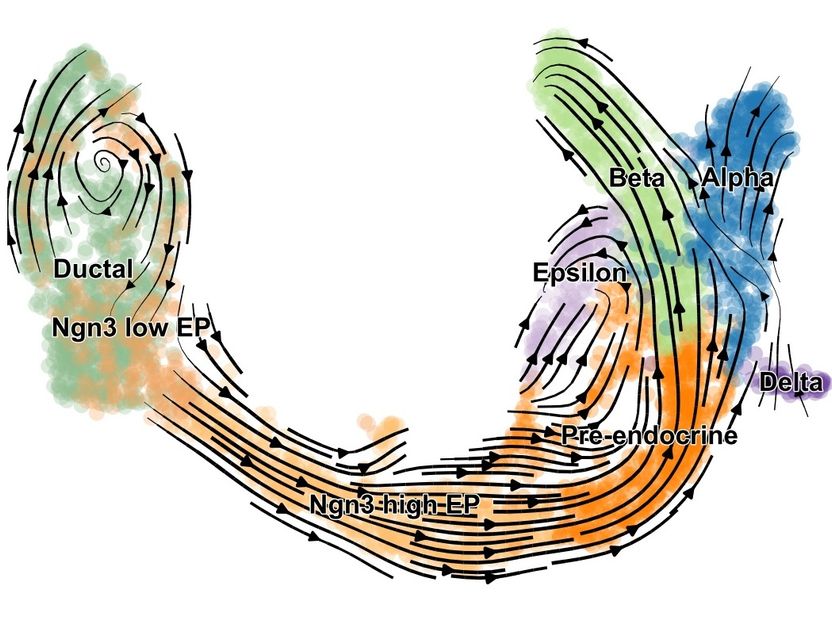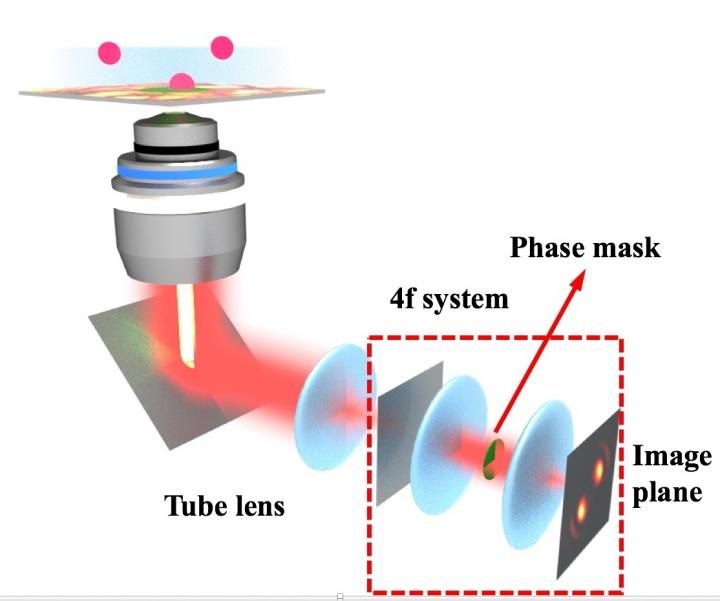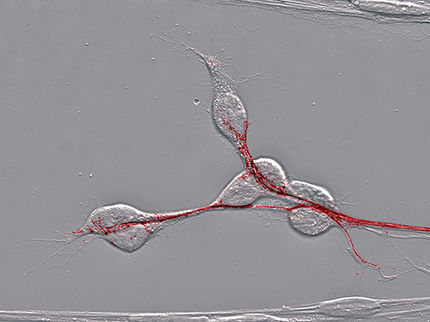Neuronal microchip helps identify neurotoxins
Scientists from Dortmund/Germany have invented an analytical method for the rapid neurotoxicity screening. They grow neurons on a microchip and check for substances that inhibit the formation of a network between the cells.
Scientists from the "Leibniz-Institut für Analytische Wissenschaften" (ISAS) in Dortmund have invented a rapid method for screening neurotoxins: The "Miniaturisation for the Life Sciences" group used a microchip to pattern human neurons as a hexagonal array of nodes and let the neurons grow connections to build a network. When the cells were exposed to a neurotoxin, however, the growth of this network was disturbed, and could be used to quantify neurotoxicity. Jonathan West, who led the project, has called the method the "network formation assay" (NFA).
"The formation of connections between neurons is one of the basic principles of memory and learning, and its disturbance is frequently a clinical sign of neurotoxicity", says Christoph van Thriel from the "Leibniz-Institut für Arbeitsforschung" (IfADo) in Dortmund, a collaborator on the project. "The NFA therefore represents an in vitro model that is comparable to the in vivo state." Thus, the NFA can improve the ability to predict the neurotoxic effects of a chemical and ultimately reduce animal testing.
In addition, a typical NFA screen takes only a few hours, enabling scientists to test a great number of substances in a very short time. The need for rapid screening methods has grown since the EU has implemented the REACH legislation.
Jonathan West and his colleagues have recently published their NFA method in the "Lab on a Chip" journal.
Most read news
Organizations
Other news from the department science

Get the life science industry in your inbox
By submitting this form you agree that LUMITOS AG will send you the newsletter(s) selected above by email. Your data will not be passed on to third parties. Your data will be stored and processed in accordance with our data protection regulations. LUMITOS may contact you by email for the purpose of advertising or market and opinion surveys. You can revoke your consent at any time without giving reasons to LUMITOS AG, Ernst-Augustin-Str. 2, 12489 Berlin, Germany or by e-mail at revoke@lumitos.com with effect for the future. In addition, each email contains a link to unsubscribe from the corresponding newsletter.
Most read news
More news from our other portals
Last viewed contents
Classical_swine_fever
Reproductive_system
Samandaridine

New open source software predicts cell fate






















































